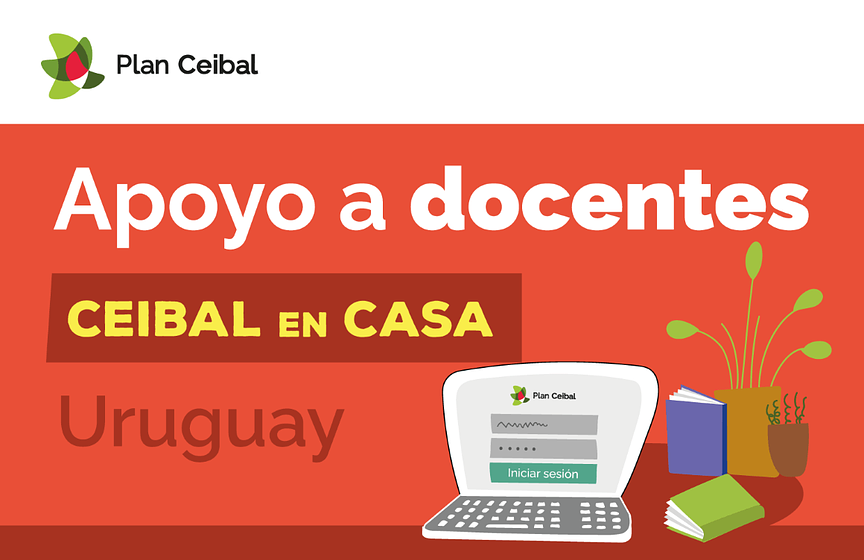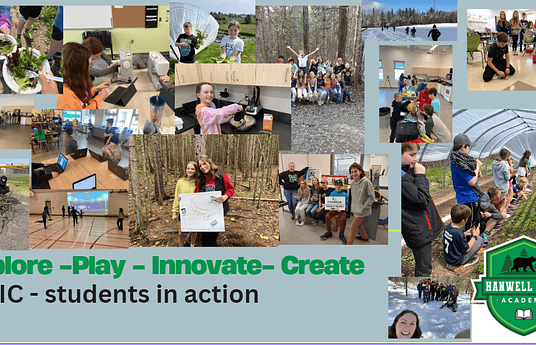Ceibal at Home was created to promote the combined or alternative use of low tech and digital media, with audiovisual and digital storytelling. It was intended to address teachers' needs to adjust to changing conditions and households settings with diverse access to technology. It was also meant to present engaging contents for teachers and students to cope with constrained in-person interactions.
Ceibal at Home designed an immersive and 360° training experience for teachers using the same resources and story-telling techniques as those intended to be adopted in their lesson plans. Teacher training was provided through low tech platforms suitable to be adapted to low connectivity contexts, such as analog TV, and digital channels, including the Ceibal Plan LMS and social media. For example, there were podcasts delivered on Spotify suitable to be broadcast by radio. Ceibal also experimented with a TV magazine with teacher training content, including strategies for remote and blended learning. Some of the suggested materials included over 1500 Open Educational Resources and promoted the use of tools available among students, including instant messaging and social networks. A national survey suggested that Ceibal’s educational resources were those most used by teachers in Uruguay and its LMS was the fifth most-visited website in the country by mid-2020, according to Alexa ranking.
It has been spreading through the Ceibal Plan own channels, including social networks, LMS and its website, and through strategic alliances with the public and private sector. This included Uruguay National Television (TNU), the National Public Education Administration and telecommunication companies, which facilitated access to digital content with at no-cost or with limited charge. This helped to offer a variety of delivery platforms to address access inequalities, making training resources available to all teachers across the country. Additionally, Ceibal Foundation worked actively in the dissemination of this experience within a regional network of policy makers it coordinates - Alliance for the Digitization of Education in Latin America (ADELA)-, funded by IDRC Canada.
This innovation included sufficient flexibility for adaptation across contexts (urban and rural) and scalability at national level through Internet, television or audio contents. If anyone wants to adapt our solution to their context please contact Ceibal Foundation - fundacion@ceibal.edu.uy



